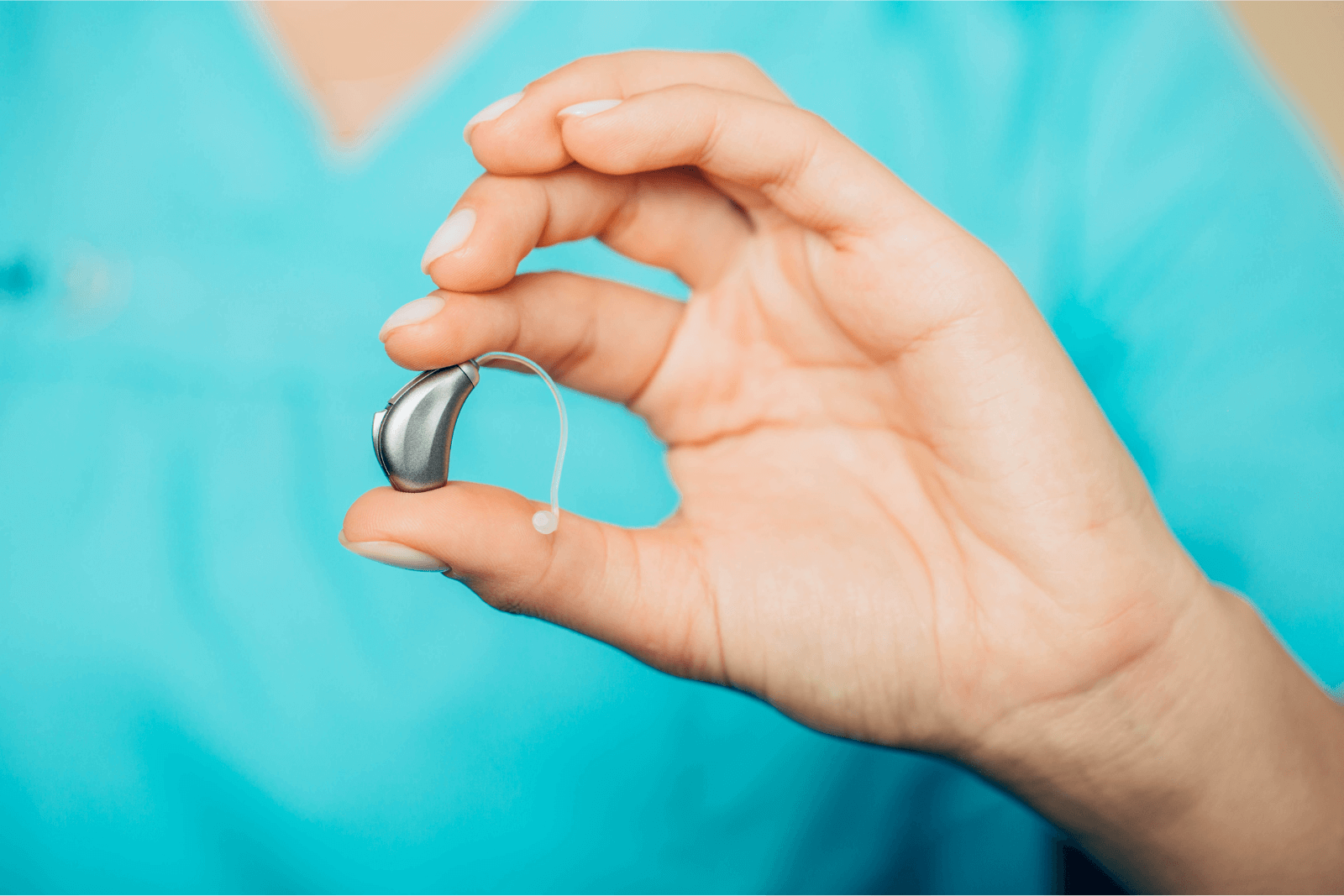
Hearing aids are invaluable devices for millions of people, enabling them to lead fulfilling lives by improving their hearing abilities. However, to ensure that your hearing aids continue to provide the best possible experience, regular maintenance is essential. One often-overlooked aspect of this maintenance is the changing of the seasons. In this comprehensive guide, we will explore the importance of seasonal hearing aid checkups and provide you with practical tips for keeping your hearing aids in optimal condition.
Seasonal Changes and Hearing Aids
The changing of seasons may not be an obvious time for hearing aid maintenance, but it can significantly impact the performance and longevity of these devices. Here are some key reasons why you should consider scheduling a seasonal checkup for your hearing aids:
- Environmental Factors: Each season brings its own unique environmental challenges. For example, winter can be particularly harsh with cold temperatures and moisture, while summer may bring heat and humidity. These extreme conditions can affect the functionality of your hearing aids.
- Lifestyle Adjustments: As the seasons change, so do our activities and routines. You may find yourself spending more time outdoors during the summer or attending social gatherings during the holidays. Properly functioning hearing aids are crucial for these situations.
- Accumulated Debris: Over time, hearing aids can accumulate dust, dirt, and even earwax. Seasonal checkups provide an opportunity to clean and inspect your devices thoroughly.
- Battery Performance: Batteries can be sensitive to temperature fluctuations. Seasonal maintenance can ensure that your hearing aid batteries are working optimally.
Now that we understand why seasonal checkups are important, let’s delve into the specifics of hearing aid maintenance for each season.
Spring Hearing Aid Checkup
Spring is a time of renewal, making it an excellent season to start your hearing aid maintenance routine. Here’s what you can do:
- Professional Cleaning: Schedule an appointment with your audiologist for a professional cleaning and inspection of your hearing aids. They can remove any accumulated debris and ensure that your devices are in top condition.
- Battery Check: Test your hearing aid batteries to make sure they are still functioning well. Replace them if needed.
- Tubing and Filters: Inspect the tubing and filters for signs of wear or clogs. Replace any worn-out parts to maintain optimal sound quality.
- Reevaluate Your Hearing Needs: Spring often brings outdoor activities and social gatherings. Discuss any changes in your hearing needs with your audiologist to ensure your hearing aids are appropriately adjusted.
Summer Hearing Aid Care
Summer is a season of outdoor adventures and vacations. Here’s how to keep your hearing aids in top shape:
- Protect from Moisture: Heat and humidity can damage hearing aids. Use a dehumidifier to remove excess moisture when not in use and consider investing in moisture-resistant covers for outdoor activities.
- Clean After Water Exposure: If you accidentally expose your hearing aids to water (e.g., while swimming or sweating), remove the batteries and allow them to dry thoroughly before use.
- Regular Cleaning: Clean your hearing aids daily to remove sweat and dirt. Use a soft, dry cloth or a specialized cleaning kit.
Fall Hearing Aid Maintenance
As summer turns to fall, adapt your hearing aid care routine accordingly:
- Leaf and Dust Cleanup: Falling leaves and dust can pose challenges. Keep your hearing aids protected when outdoors and clean them regularly to prevent debris buildup.
- Battery Check: Test your batteries regularly as cooler temperatures can affect their performance. Replace them as needed.
- Schedule an Audiologist Visit: Before the holiday season arrives, schedule a checkup with your audiologist to ensure your hearing aids are ready for increased social interactions and gatherings.
Winter Hearing Aid Checkup
Winter brings its own set of challenges for hearing aid maintenance:
- Moisture Prevention: Cold temperatures can lead to condensation inside your hearing aids. Use a hearing aid dehumidifier to prevent moisture buildup.
- Protect from Extreme Cold: When going outdoors, keep your hearing aids insulated to protect them from extreme cold. Consider earmuffs or special covers.
- Check for Earwax: Winter often leads to dry skin and earwax buildup. Regularly check and clean your hearing aids to prevent earwax from obstructing sound.
Final Thoughts
Regular hearing aid maintenance is essential for maintaining optimal hearing health, and scheduling seasonal checkups can help you adapt your care routine to the changing environment and lifestyle. By following these tips and consulting with your audiologist, you can ensure that your hearing aids continue to provide clear and reliable sound, enabling you to fully enjoy the beauty of each season. Don’t let hearing aid maintenance be an afterthought; make it a part of your seasonal routine for better hearing and a better quality of life.
If you have any questions or would like to schedule an appointment, please contact us.
